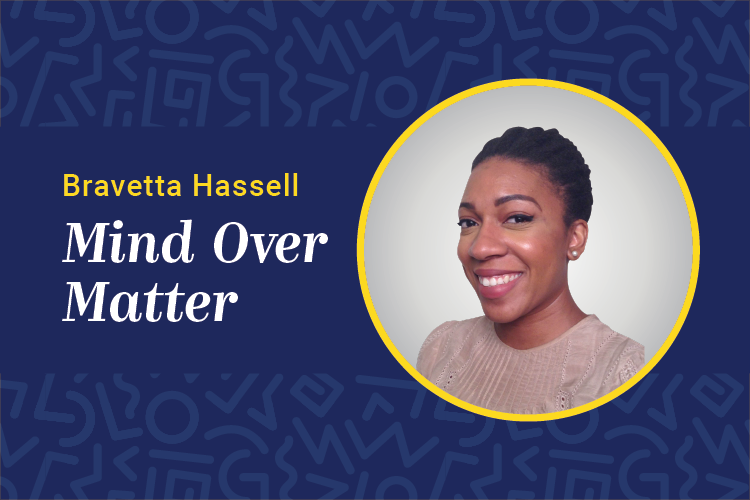Learning leaders should be encouraged to know that 73 percent of American adults consider themselves lifelong learners. According to a recent Pew Researcher Center report, these employees are getting their learning in some unexpected ways.
Whether they’re attending a night course at a local community college, visiting their neighborhood library or sitting in on webinar via their home computer, adults are making time to learn. The March 2016 report shows that 63 percent of working adults are extending their knowledge for work-related objectives, and 74 percent of adults are doing so to explore a personal interest.
The primary motivators for the adults seeking out additional education opportunities for professional reasons are to maintain and build on the skills needed to do their jobs, to meet employer-required licensing or certification needs, or in preparation for a raise or promotion.
Pew found that while adults access learning in a variety of spaces, a significant segment aren’t heading to the Internet for it. Professional learners are more likely to receive their professional training at a work-related venue rather than online by a 75 percent to 55 percent margin. Personal learners are more likely to go somewhere like a house of worship, a library or high school for learning rather than the Internet.
Further, Pew found that adults with higher household incomes and levels of education were more likely to call themselves lifelong learners. Adults not hitting the Web for learning were often not doing so because of a lack of access to related technology, or a lack of awareness about all the learning choices out there. Pew reported that “noteworthy” majorities of U.S. adults had little to no awareness about the range learning options that exist online; 80 percent of adults did not have much awareness of MOOCs, or massive open online courses.
The study suggests that employers have a unique opportunity to reach their workers for learning in a variety of ways. Conversely, the study shows a challenge in addressing the skills gap that stymies workforce growth. Adults with less household income and less education are less likely to access additional learning opportunities in-person or online and consequently, less likely to be workforce ready.
Bravetta Hassell is a Chief Learning Officer associate editor. Comment below, or email editor@CLOmedia.com.
















